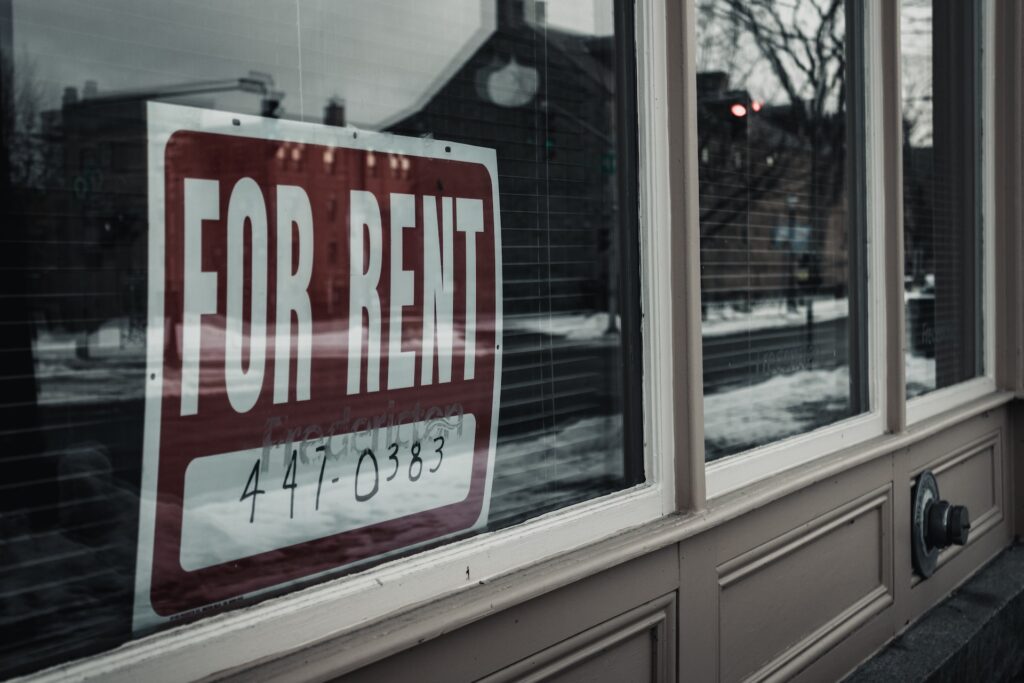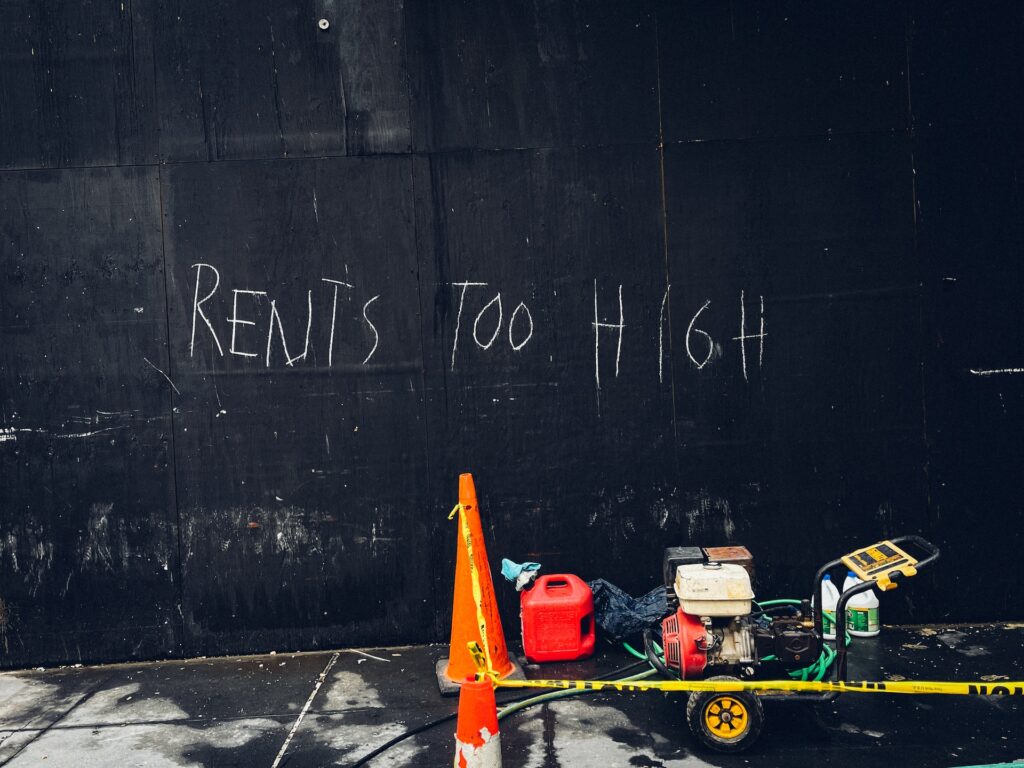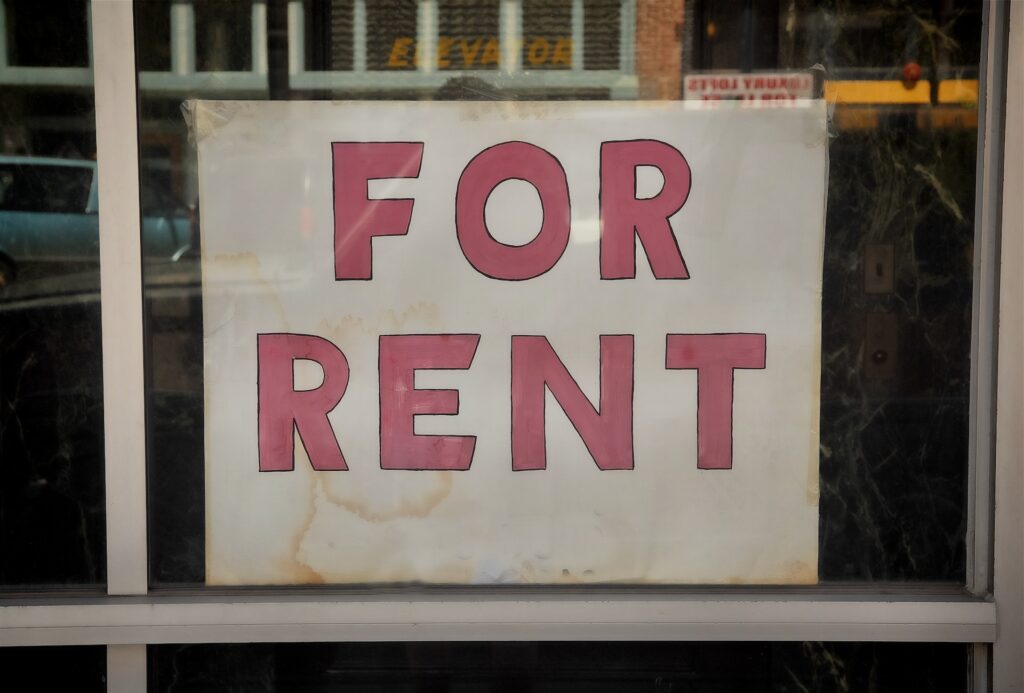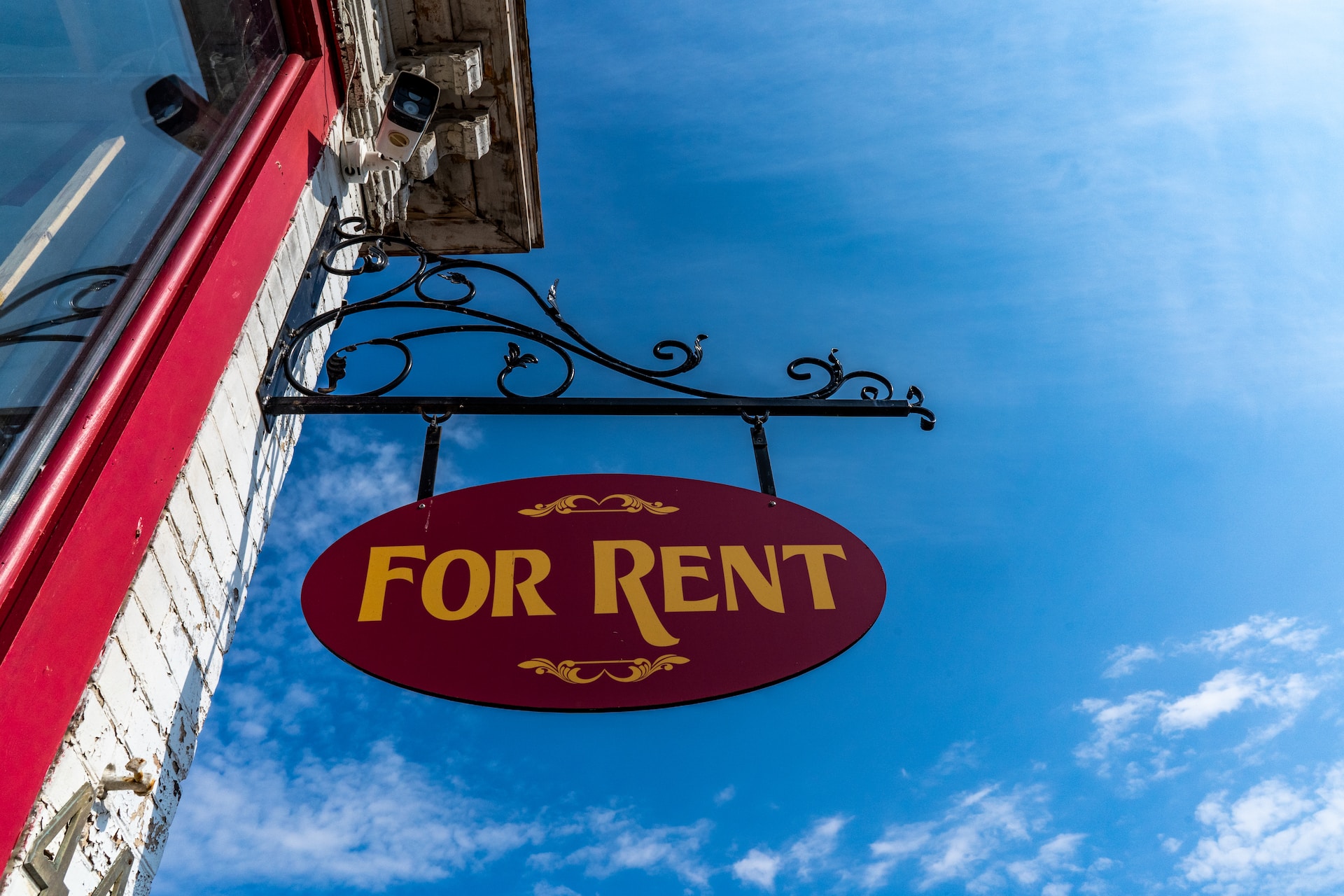Introduction
In the highly competitive real estate environment of the Netherlands, tenants face the annual reality of potential rent increases. Grasping the rules that govern these adjustments is essential, especially in a market where even a small percentage rise can impact one’s budget. This guide sheds light on the rent increase framework, pinpointing what is permissible within social and private sector housing. We will dissect the timelines for rent increase notifications, demystify the criteria landlords must follow, and empower you with actionable steps if a proposed hike seems unwarranted. By unpacking these elements, we aim to equip tenants with the knowledge to manage their rental situations with confidence and clarity.

What Determines a Rent Increase?
The intricacies of rental agreements in the Netherlands can be quite complicated, especially when it comes to annual rent increases. The determinants of such increases vary significantly between social and private housing sectors and are subject to a range of regulations designed to maintain fairness and affordability.
Social Housing Rent Increase: Governed by Government Guidelines
In the realm of social housing, the Dutch government plays a pivotal role in safeguarding tenant rights by capping the annual rent increase. This is to prevent undue financial strain on tenants in a market where housing demand often exceeds supply. For 2023, the government has set the maximum increase at 3.1%. However, not all increases are uniform. Depending on your income bracket, you might see a rise in your rent within a range from €25 to €100, ensuring that rent adjustments are equitable and proportional to tenants’ financial capabilities.
Private Sector Housing Rent Increase: Capped Increases Until 2024
Moving to the private sector, a tenant’s lease agreement is key in determining rent increases. Unlike social housing, where government guidelines are stringent, private landlords typically have more latitude in setting rents. However, recent regulations have introduced a cap on annual rent increases in the private sector, a measure in place until May 1, 2024. For the year 2023, the increase is pinned at 4.1%. It’s crucial for tenants to check their contracts, as any increase must be mutually agreed upon beforehand. This measure ensures that tenants are not caught off guard by unexpected rent hikes and can plan their finances accordingly.
These guidelines offer a dual benefit: they keep the rental market in check, preventing landlords from arbitrarily raising rents while ensuring tenants can anticipate and prepare for changes in their housing costs.
Understanding these rules is fundamental, especially for expatriates who might not be familiar with the Dutch housing system. Knowledge of these regulations empowers tenants to engage in informed discussions with landlords about rent adjustments. Whether you reside in social housing or a privately rented apartment, being aware of the annual limits on rent increases and your rights can help you navigate the process and address any concerns that may arise.

When Disagreement Arises: Your Rights and Resources
When facing a rent increase that seems unfair or exceeds the legal limit, tenants in the Netherlands have a clear course of action. Your primary resource for addressing such disputes is the Rent Committee (Huurcommissie), an independent body that offers tenants and landlords a formal platform to resolve conflicts regarding rent increases.
The Role of the Rent Committee (Huurcommissie)
If you question the legitimacy of your rent increase, you can submit a complaint to the Rent Committee. This needs to happen within six weeks from the date the new rent would take effect. The Committee assesses the situation, taking into account factors like the legal maximum increase, the condition of the property, and any relevant details of the rental contract. Their decision is binding, ensuring that tenants are protected from unreasonable demands.
It’s essential to gather all relevant documents and evidence supporting your case before approaching the Committee. This preparation can include your rental contract, any communication with your landlord regarding the increase, and proof of payment for your current rent. Armed with information and the right to a fair process, tenants can confidently address disputes, secure in the knowledge that there is a system designed to maintain balance and fairness in the rental market.
Understanding Rent Increases After Property Improvements
Property improvements can lead to rent increases, but even these are not without regulations. In the free sector housing market, landlords may decide to enhance the living conditions through renovations or upgrades. While this can justify a rent hike, there are specific guidelines that protect tenants from excessive increases.
Free Sector Housing and Upgrades
Improvements like installing a new kitchen, updating the bathroom, or enhancing energy efficiency can all lead to a property’s value increasing. Consequently, landlords might see this as an opportunity to raise the rent. However, there’s a caveat: these rent increases are separate from the standard annual adjustment and must follow legal provisions.
The landlord must provide a detailed justification for the increase, outlining the improvements and explaining how they affect the rental price. Tenants have the right to a transparent breakdown of costs and the expected impact on their rent. If you feel the proposed increase after an improvement is excessive or unwarranted, you are within your rights to challenge it.
The Dutch law ensures that any rent increase aligns with the scale of the improvements. The Rent Committee (Huurcommissie) offers a dispute resolution service if you cannot reach an agreement with your landlord. You should approach the Committee with a solid understanding of the improvements made and any communication about these changes.
It’s also worth noting that landlords cannot raise the rent during ongoing contracts unless there’s a clause permitting such an increase post-improvements. Always review your rental agreement carefully before signing to understand potential rent adjustment scenarios fully.
When your landlord announces an improvement-related rent increase, it’s crucial to assess the changes against the rent rise. Check the quality of the improvements and whether they warrant the price hike. If the numbers don’t add up, you’re not without support. The Rent Committee stands as an impartial mediator to ensure any increases are fair and justified.

Announcement of Rent Increase
If you’re living in social housing, you will receive a two-month notice before the rent goes up. This notice period is crucial. It gives you time to review the increase and take action if you need to. The notice must show your current rent, the increased amount, and how to challenge the increase if you think it’s not right.
For private tenants, rent increases typically happen once a year, on the date stated in the rental contract. Remember, your landlord must stick to the legal caps on rent increases. They must also respect the terms of your rental agreement. If the contract says the rent can go up on a particular date, your landlord cannot increase it earlier.
When you get a rent increase notice, check it carefully. Make sure the increase is within legal limits. Look at the date and the amount. If something seems wrong, or if the increase is too high, you can contact the Rent Committee. They can help settle disputes between landlords and tenants.
Special Rules for Different Housing Situations
Not all housing situations in the Netherlands follow the same rules for rent increases. Rooms, mobile homes (woonwagens), and designated pitches (standplaatsen) for caravans come with their own set of regulations. If you rent one of these, it’s crucial to understand the unique limits on rent hikes that apply to you.
For rooms, landlords can raise the rent only once a year. The amount of the increase is not just a random figure; it should align with the quality and amenities of the room. Tenants can challenge the increase if it seems disproportionate to these factors.
Woonwagens and standplaatsen are often subject to municipal guidelines in addition to national laws. Here, too, the landlord can increase the rent annually. However, the increase must respect the maximum percentage set by the government. For 2023, this cap is at 3.1%, similar to social housing.
Moreover, there are some exceptional circumstances when an increase may occur more frequently than once a year. For instance, if there’s a significant improvement in the housing facility or a change in the rental agreement that justifies the increase, the law may permit it. But even in these cases, the rent hike must be reasonable and transparently communicated.
Tenants must remember, no matter the housing type, that any rent increase should come with proper notification. And if you’re unsure about any increase, reach out to the Rent Committee. They can provide guidance and, if necessary, intervene. Always keep abreast of changes to ensure that your landlord adheres to these special rules.

Addressing Incorrect Rent Increases
When a landlord does not follow the rules for raising rent, you have the right to challenge the increase. It’s key to act swiftly and decisively. Here’s what you should do if you suspect your rent hike doesn’t comply with Dutch regulations.
First, check the numbers. Make sure the increase matches the legal limit for the year. For social housing, it’s a 3.1% cap for 2023. In the private sector, it’s 4.1% until 2024. If your rent bump exceeds these figures or the increase comes with no prior agreement, flag it.
Next, communicate with your landlord. Sometimes, errors are just that – mistakes that can be corrected with a simple conversation. Present your calculations. If the landlord resists or insists on the incorrect amount, prepare to take further action.
That’s where the Rent Committee (Huurcommissie) steps in. This is your resource for dispute resolution. You can file a complaint and the committee will examine your case. They offer a fair assessment and have the power to enforce the correct rent.
Keep in mind, as of July 1, 2023, some municipalities will require rental permits. This is another layer of protection against improper rent increases. If landlords overstep, they may face penalties or lose their license to rent.
In all cases, documentation is your ally. Keep records of all rent-related communications and notices. This evidence is vital when presenting your case to the Rent Committee or in any legal proceedings.
Remember, it’s your right to live in a fairly priced home. If your rent increase seems off, don’t hesitate to question it.

Conclusion
Armed with the right knowledge, tenants can stand firm against unwarranted hikes. Remember, laws are in place to shield you — whether you live in social housing or rent privately. It’s about knowing your limits, rights, and when to seek help. If a rent increase notice lands in your mailbox, take a breath, review the facts, and engage with your landlord. Should disputes arise, the Rent Committee is your champion. Never underestimate your power as a tenant. Stay alert, stay informed, and assert your rights. And for expats feeling out of their depth, help is just a click away at ExpatEstate.nl. We’re here to support you every step of the way.






